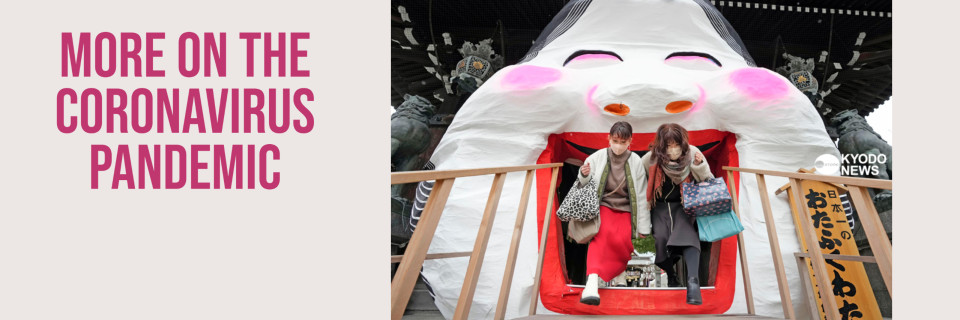Postmortems of 11 patients who died in Japan after contracting COVID-19 in 2021 found that an infectious viral load remained in the nasopharynx and lungs of over half, with one having been dead for 13 days, a health ministry study showed Monday.
The Ministry of Health, Labor and Welfare eased restrictions on handling coronavirus-infected corpses in a revision to funeral guidelines in January, but Hisako Saito, an associate professor of legal medicine at Chiba University and principal researcher of the study team, stressed the importance of educating and equipping personnel to "handle bodies on the assumption they are infectious."
The revision stated that infected corpses no longer needed to be handled differently provided anti-infection measures such as wiping the body and stuffing the nose are taken.
The research team's examination of 11 infected bodies, for which forensic and pathological autopsies had been conducted, took place between January and October 2021, when infections in Japan were fueled by the Delta variant of the virus.
PCR tests on 30 nasopharyngeal mucosa and lung tissue samples detected the virus in 13 samples from six bodies. The body in which the virus was detected 13 days after death from pneumonia had been placed in the refrigerator for 12 days.
The team surmised that patients who died shortly after being infected and whose bodies were discovered within a day of death or placed in cold storage for long periods of time had a high probability of viral persistence.
Embalming, however, appeared to circumvent the risk, with antigen tests on nasopharynx samples from nine infected bodies that had been treated with a formaldehyde solution all returning negative for COVID-19. The bodies were autopsied between August 2021 and March 2022.
Saito said the embalming, which offers a way for families to properly grieve as funeral rites can be held as usual without fear of infection, "is effective and should be utilized in addition to basic infection control measures."











